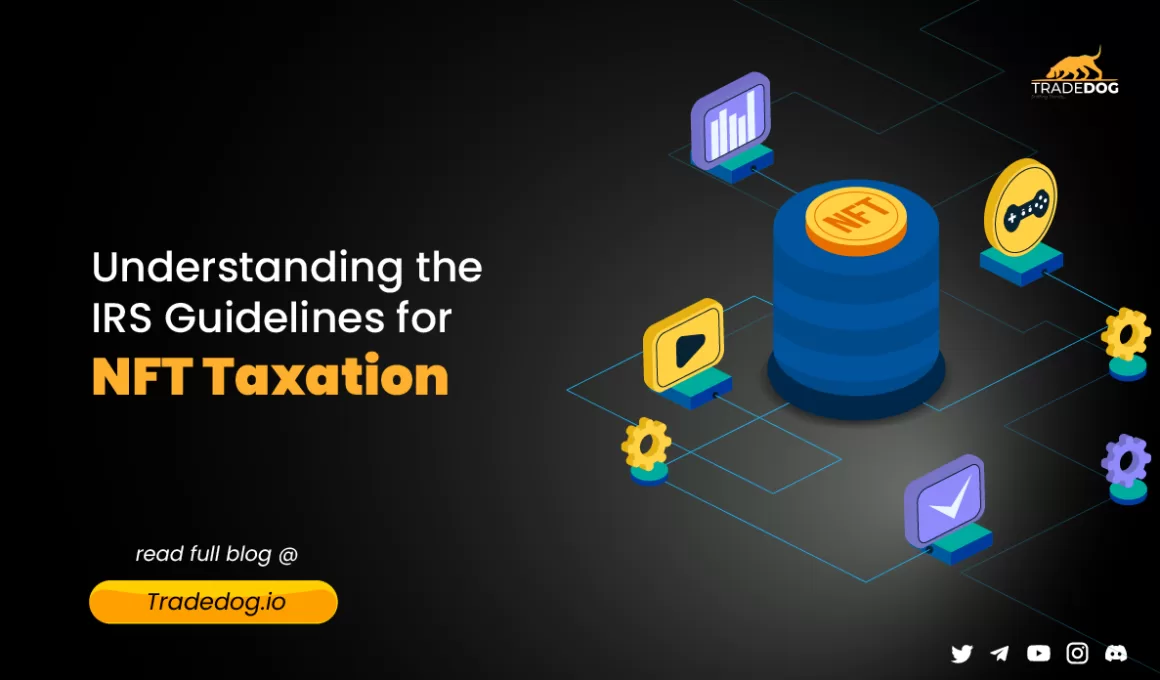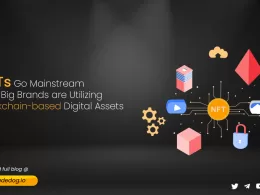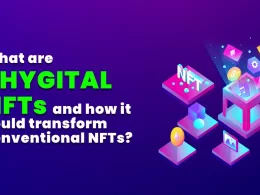The beginning of this decade saw a new technology emerging ~ NFTs. Whether PFPs, blockchain gaming, art, collectibles, music, or trading, NFTs emerged as a hot topic in every sector. Providing true ownership and multiple features tied to them, NFTs have been adopted by various celebrities and brands, driving mass retail following in accordance.
With rising popularity, NFTs have been established as a new asset class. Looking at the emergence of this technology as a specified investment option, the regulators have started seeking to propose tax treatment on NFTs. This blog explains the scope of tax on NFTs, its implications, and more.
What is an NFT?
Nonfungible tokens, or NFTs, are unique digital tokens verified on the blockchain. Unlike fungible cryptocurrencies like Bitcoin, every NFT is distinct. It can represent anything, from artwork to music, virtual assets to sports memorabilia.
NFTs make it possible to create and hold digital assets that are rare and impossible to copy, giving them value in the sights of investors and collectors. NFTs are purchased and sold using cryptocurrencies on blockchain markets. Ownership is tracked on the blockchain, providing ownership and authenticity confirmation.
Are NFTs Taxable?
Yes, NFTs are considered to be taxed because these are backed by real monetary value and have generated high capital gains for the investors and holders. NFTs, like other financial assets, can be bought, sold, and traded to generate returns. Hence, they are considered taxable under different tax regimes with respective jurisdictions.
Authorities like IRS (US) have introduced tax laws outlining NFTs. The regulatory body generally taxes NFTs as property or any other fungible asset. The holders are required to submit gains & losses from NFT sales/trading on their respective tax returns. The rate is determined by how long a person has held the NFT and their taxable income. Losses from the sale of NFTs can be deducted to offset the capital gains from other assets.
IRS Proposal on NFT Taxation
According to the Internal Revenue Service (a US Govt. agency responsible for tax collection and enforcement of tax laws), the collectible non-fungible tokens sold after being held for more than 12 months are subject to a 28% capital gains tax. On the other hand, standard capital assets are taxed at a rate ranging from 0-20 percent, based on the income level generated by a person.
In the past, only five types of assets were considered collectibles under IRS Section 408: art, rugs or antiquities, metals or stones, stamps or coins, and alcoholic drinks. The IRS is given the power to designate new collectibles under Section 408. However, it is made clear that they must be “tangible personal property.” This situation is described as a “legal rub” by Miles Fuller, the head of government at the crypto tax company Tax Bit and a former IRS chief of counsel.
Any activity that involves purchasing an NFT with cryptocurrency, trading an NFT for another, or selling/disposing of an NFT for fungible crypto (like BTC or ETH) is considered taxable capital gains/loss by IRS. Also, royalties and gas expenses for minting NFTs are subject to NFT taxes. The IRS is still considering whether to tax NFTs that are minted on par or represent other collectibles such as stamps, works of art, and fine wine. The IRS plans explicitly to regard NFTs as collectibles if they are connected to a physical item, according to an interpretation known as a “look-through analysis.” According to Fuller, “The IRS is not trying to tax the technology. It’s just trying to tax the economic unit to which the technology gives rise to“.
Although, it must be considered that creating an NFT is only taxable if a professional creator mints NFTs full-time. NFT traders based in the US can report gains/losses on capital assets, including NFTs with IRS Form 8949, included with Schedule D. Professional creators who mint/create NFTs shall report proceeds from the sales as self-employment income, subject to self-employment taxes.
Closing Thoughts
Considering the technology is still in its nascent stage, the IRS has reached out to the public to submit their thoughts on the matter of NFTs taxation. Anyone can submit the comments in writing to the IRS via www.regulations.gov (type “Notice 2023-27” in the search field on the homepage) before Jun 19, 2023. It is expected that more clarity and introductions of new rules on the tax impositions around the NFT will be framed in the coming future as the technology continues to evolve and attracts more adoption.









